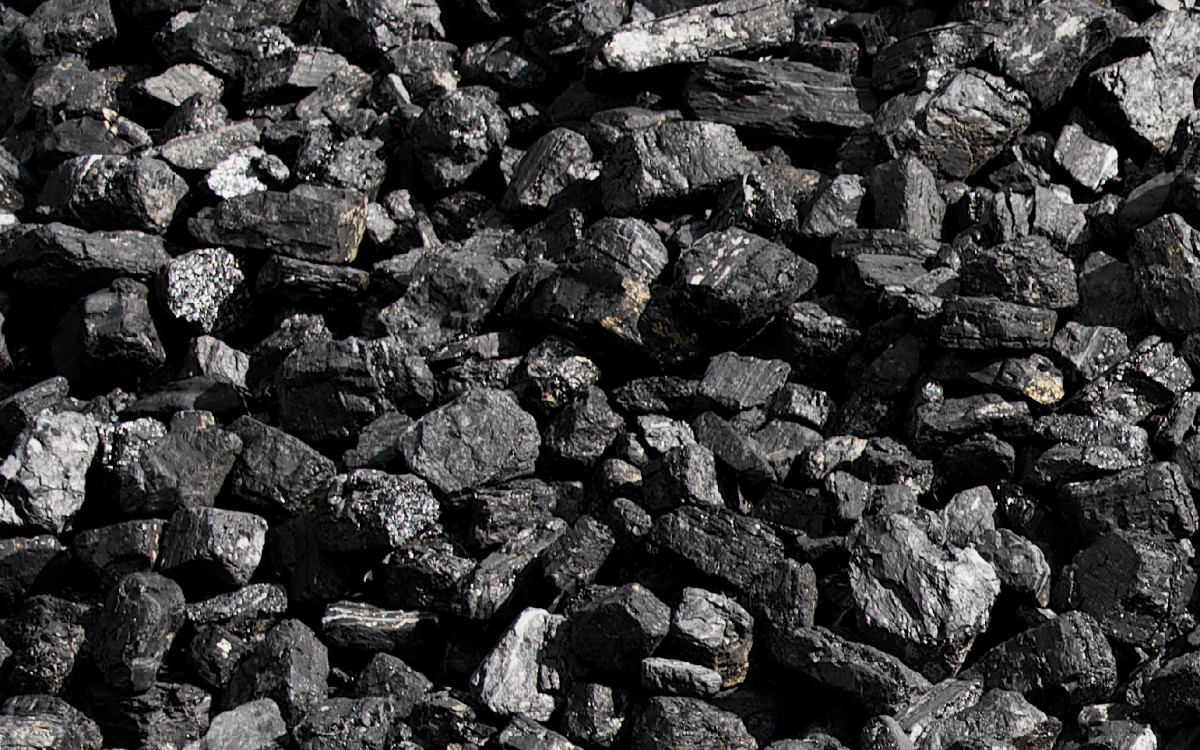

On April 9, 2025, the HACC scheduled for trial one of NABU and SAPO’s most high-profile cases, known as “Rotterdam+.” The proceedings, which have repeatedly faced attempts to be closed due to the expiration of the investigation period, have finally moved to a new stage. However, the question remains: will a verdict be delivered any time soon?
From the outset, this case has drawn significant media and public attention, as it involves substantial alleged damages—UAH 39 billion—and concerns the highly sensitive energy sector of the state.
The Rotterdam+ case has faced numerous challenges and delays throughout the investigation and pre-trial stages. The investigation lasted nearly five years and was repeatedly closed and reopened—a process we have previously detailed. As a result, there were grounds to release some defendants from criminal liability due to the expiration of the statute of limitations. In addition, a significant amount of time was spent preparing the case for trial on the merits, which, until recently, had not yet begun.
However, the trial itself is a lengthy process, involving the examination of documents, witness and defendant testimonies, and expert assessments. This, in turn, requires the HACC to ensure proper organization of the proceedings to prevent further delays and ultimately deliver a verdict.
Why did the Rotterdam+ investigation take so long? What obstacles did it face before finally being transferred to the court? And what steps must the HACC take to ensure it delivers a verdict in this case before the statute of limitations expires?
We examined all stages of the Rotterdam+ case and shared our findings on the HACC Decided platform.
From the outset, this case has drawn significant media and public attention, as it involves substantial alleged damages—UAH 39 billion—and concerns the highly sensitive energy sector of the state.






